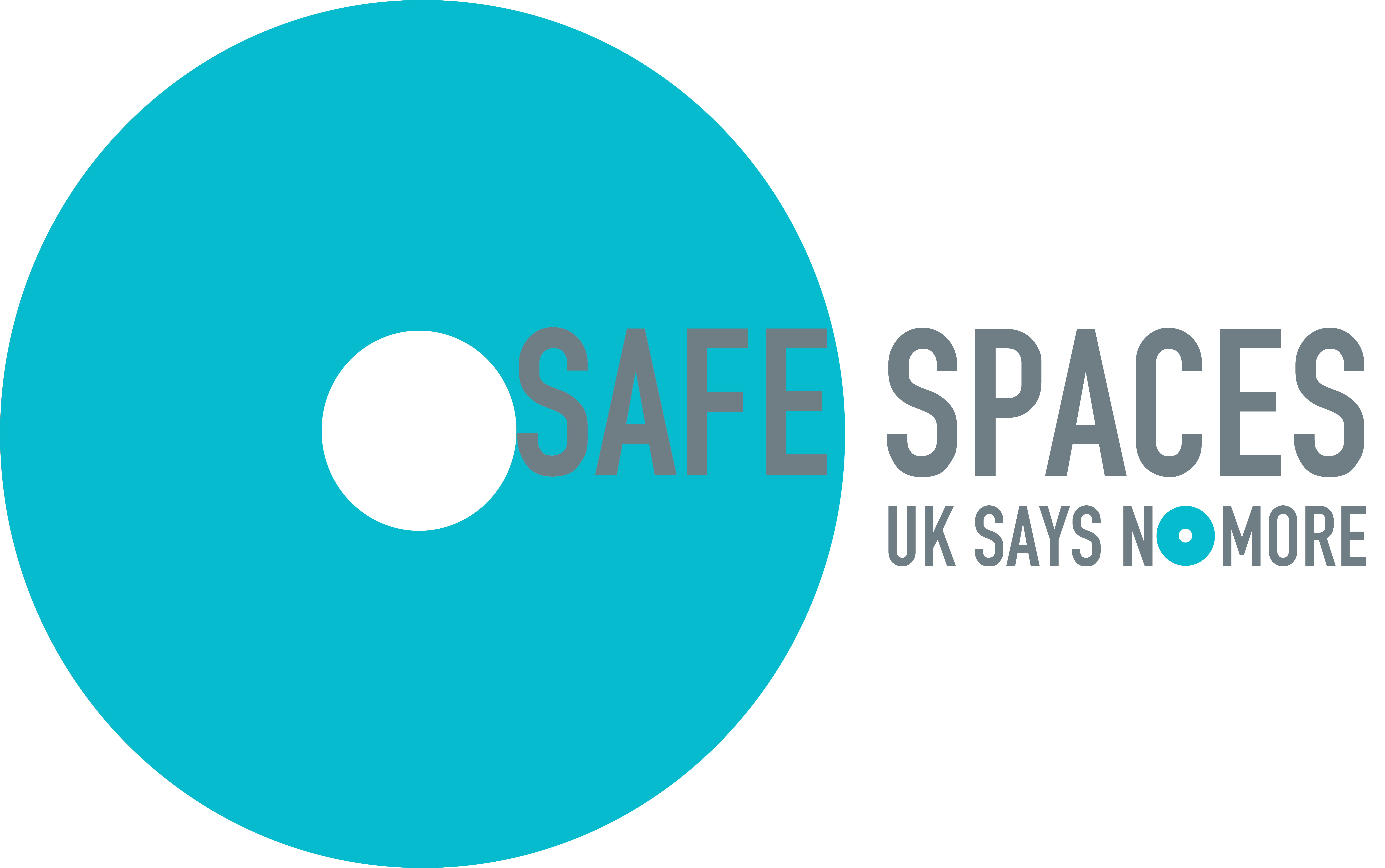Anti-social behaviour (ASB) is behaviour that causes annoyance, disturbance or distress to anyone else in the area.
You are responsible for making sure that you, the people living in your home, your visitors and your pets do not harass or cause a nuisance to others in or near your property. Near the property applies to neighbouring estates or properties, footpaths, roads, communal areas, stairs, lifts, landings, entrance halls and gardens.
Examples of nuisance and ASB include:
- Shouting, screaming, swearing, drunkenness, making indecent or offensive gestures
- Using or dealing drugs
- Environmental nuisance including litter
- Abandoned vehicles and frequently carrying out major repairs to vehicles
- Pets/animal nuisance including aggression and barking
- Graffiti
- Excessive or persistent noise e.g. loud music or TV.
We do not deal with everyday domestic noise such as:
- talking
- babies crying
- walking around
- doors closing
- flushing toilets
- appliances.
Find out more about recognising ASB and what to do in our ASB Toolkit.
Harassment is repeated behaviour that is deliberately intended to upset or harm another person, family or group of people.
Examples of harassment include:
- Damage to property, for example, graffiti or vandalism
- Verbal abuse and threats of violence
- Violent acts
- Domestic abuse
- Hate crime.
We work with our residents and partners including the police and local authorities to deter and resolve nuisance and ASB in neighbourhoods.
If you experience anti-social behaviour, you should:
- Try to resolve the issue yourself by discussing with the person causing the problem in a calm and reasonable way.
- Do not retaliate. It could result in complaints being made against you.
- Keep a record of all incidents of anti-social behaviour, including dates, times, details of anyone involved and what happened. We have a report log you can use to keep all the details together.
Download the Incident Report Log - Report it - find out what happens after you report ASB
Report ASB with our online form
If you experience threatening behaviour or damage to your property, please contact your local police on 101, or report it to us. In an emergency call 999.
If you need more information on ASB, our policy outlines our approach to anti-social behaviour, including how we aim to prevent ASB, how we will intervene and how we will support our residents.
You can also find out more about recognising ASB and what to do in our ASB Toolkit.
If you need assistance out of hours, please visit the Metropolitan Police website and answer some questions which will tell you who to contact.
You can call us the next day on 0300 373 3000.
In an emergency call 999 and for a non-emergency call 101. You can report crime anonymously by calling Crimestoppers on 0800 555 111.
If you are affected by noise such as loud music during the night, you should contact your local council's Environmental Health Team.
Mediation has proven to be a successful way of resolving disputes between neighbours.
Mediators are independent, impartial, confidential and non-judgmental people who aim to help others resolve their differences themselves.
So we can use it to monitor and measure the ASB and check how often it happens, so we can decide what action to take.
If you do not wish us to pass on your name to the person causing the issue, we will not tell them.
We will investigate all complaints or incidents reported to us.
Yes. Under the terms of your tenancy agreement, you are responsible for the behaviour of those who live with you and those visiting the property.
If your visitors or pets cause a nuisance or annoyance to other residents living in the area, your tenancy may be at risk.
If you've repeatedly reported an anti-social behaviour (ASB) issue to us and we have not taken any action to resolve it, you can use the Community Trigger, also known as the ASB Case Review.
The Community Trigger is set out in sections 104 and 105 of the Anti-social Behaviour, Crime and Policing Act 2014. It is designed to ensure that you have the opportunity to request a review of your ASB case if certain thresholds are met and as a registered provider of social housing, we are required to co-operate with the process as defined in the Act.
The threshold of activating a Community Trigger is:
- three or more complaints made to us in the previous six-month period
- the persistence of the anti-social behaviour
- the harm or potential harm caused by the anti-social behaviour
- the adequacy of response to the anti-social behaviour by us.
You should only use the Trigger if we have not taken any action as a result of you repeatedly reporting the ASB issue to us. It does not interfere with your right to follow our internal complaints/ASB procedure; both processes can run at the same time. You should not use the Trigger to report general acts of crime which should be reported to police. Please check our ASB toolkit for the types of ASB that should be reported to the police.
How to activate a community trigger
To activate a community trigger, you must contact the local authority you live in and make an application with them. You must provide the council with your name, address and your contact details and answer the questions below:
- Describe the anti-social behaviour incident
- Either, describe the 3 times you have reported this issue already or name 4 other people who have reported the issue.
You can find more detailed information on the process, which is administered by your Local Authority, including the threshold for and the ways to apply for a Trigger on your local council’s website.

